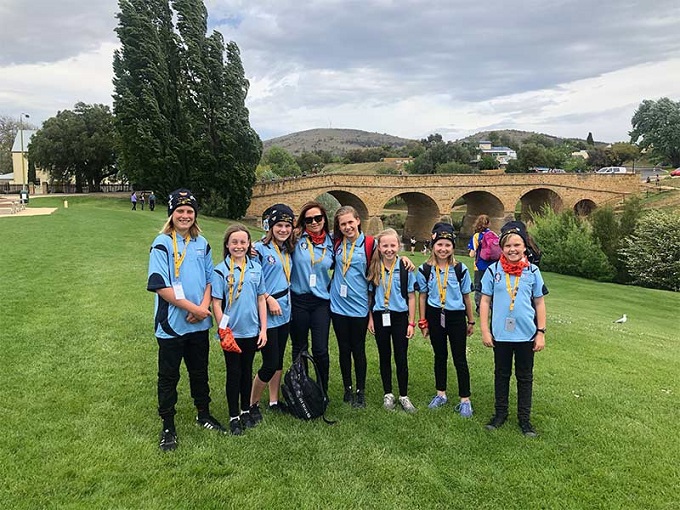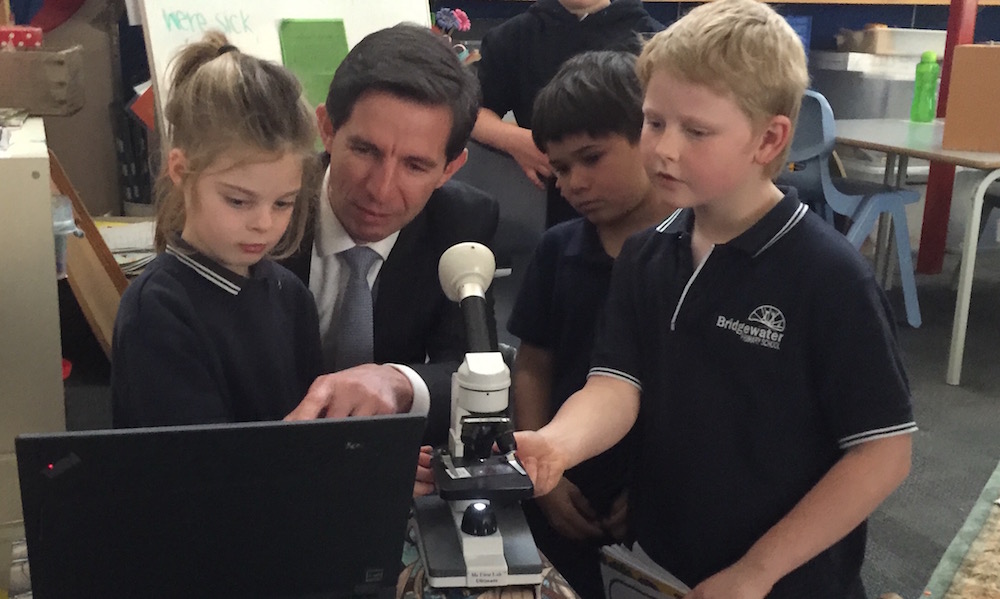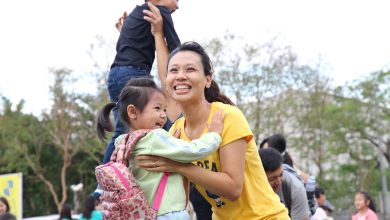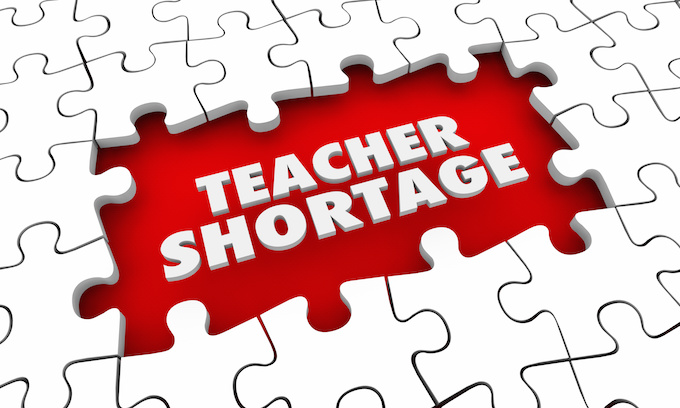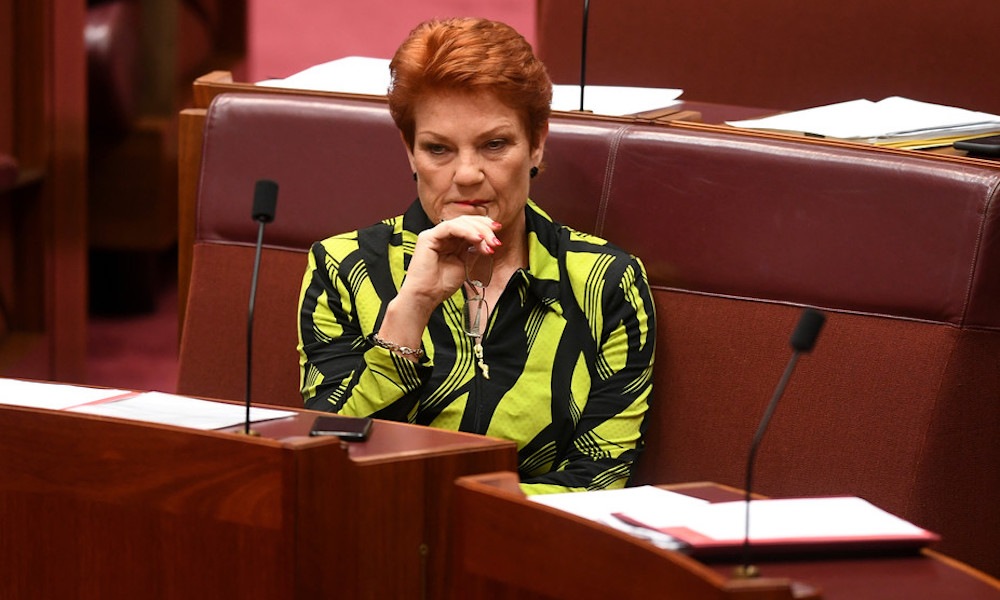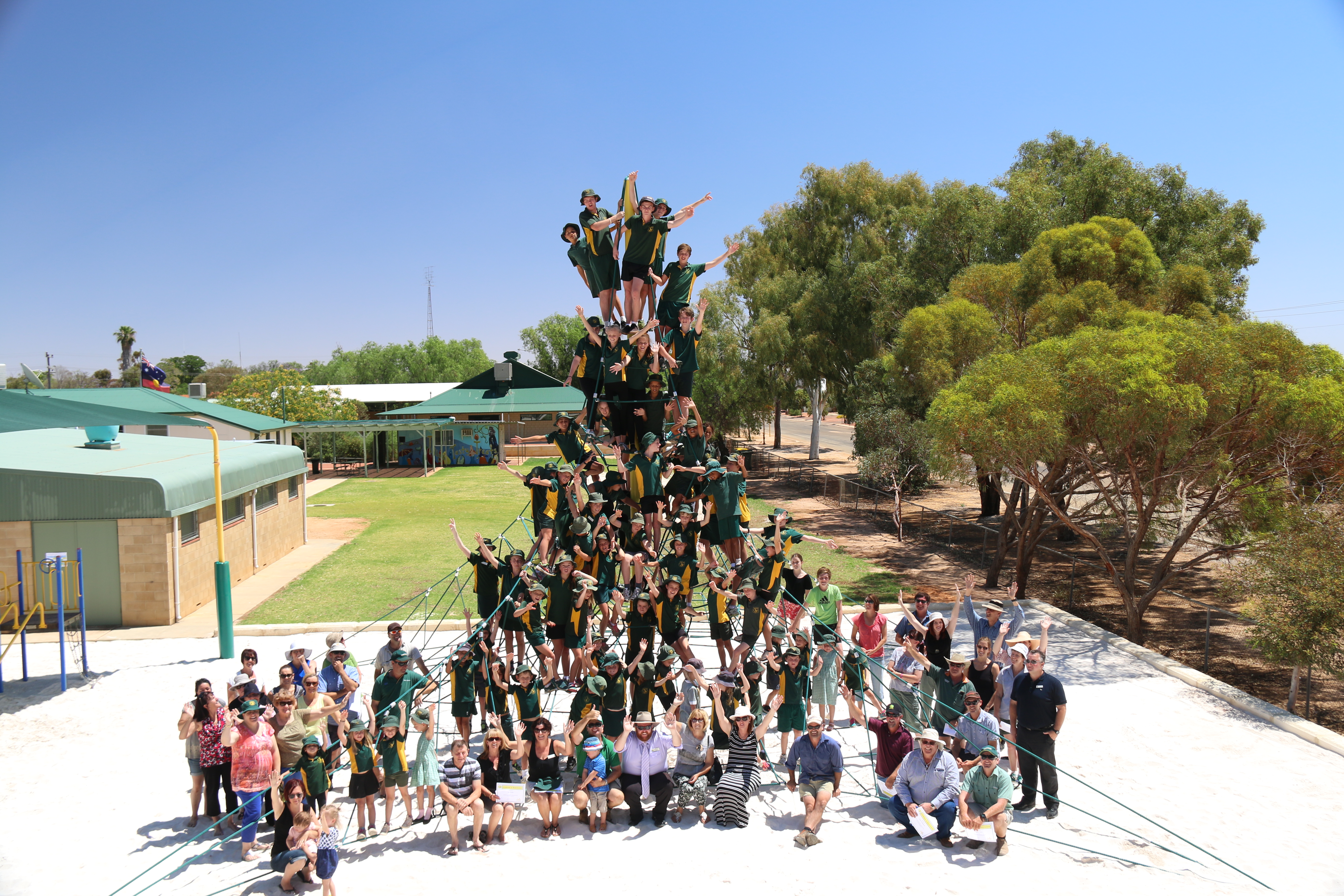
‘Playground artist’ Günter Beltzig is 75 years old and probably still swinging from the monkey bars he designs. He has written books on playground design, and created play spaces all around Europe, working with Richter Spielgeräte GmbH, who designed play areas at Sydney’s Darling Harbour and Royal Park in Melbourne.
To Günter Beltzig, play means “activities that individuals undertake to adapt to their environment”, in other words, play is the opportunity to try out all possibilities, to test the limits, gather experience and learn. If Mr Beltzig is right, and I suspect that he is, then planning a school playground has a much higher purpose, and more complexity to it than the uninitiated might realise.
Mr Beltzig works by some principles of play space design, and in 2012, he shared his wisdom with The Guardian, in an article named ‘How to design the perfect playground’. The playground should “have an atmosphere that invites people to linger”. The playground should “give room for exploration”, this means leaving some aspect of the playground open to interpretation. The playground should “offer visible, manageable risks, as playing is all about testing and transcending one’s limits”, but also allow “an alternative route” so the child can retreat without losing face. A successful playground has to cater for different abilities, moods, personalities and modes of play, so should not be one central structure. There should also be spaces for “hanging out” for older kids and supervising adults.
To understand more about developing playgrounds designed specifically for schools, I spoke with Nathan Lee from Australian playground manufacturer Willplay. Mr Lee cited an approach that mirrored Günter Beltzig’s repeatedly.
A school playground will usually need to service the recreational needs of several school grades of children, and these age groups are also characterised by different ‘modes of play’. “The age bracket will determine how we balance heights, physical abilities, and perceived risks”, Mr Lee explained.
Deck heights and slide lengths will vary, and themed play elements, such as shop fronts for role playing, are more appropriate for younger children. “A play area designed for older primary will have more adventurous elements, and elements with a bit of perceived risk.”
Perceived risk is an interesting concept, which relates to Günter Beltzig’s concept of “visible, manageable risks”. Equipment with elements of perceived risk keep children present and engaged. “The kids have to think about their next move, so they’re not on automatic pilot.”
Mr Lee recommended installing equipment that requires them to calculate their next move, and make decisions about hand and foot placement.
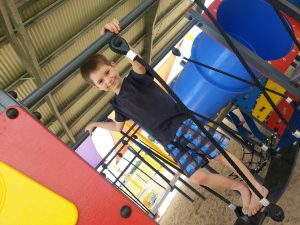 Mr Lee also said providers wanted to encourage schools to install “more adventurous” play equipment. With so much outdoor play relegated to the past, and children’s lives becoming more structured and supervised, there’s a need to create that adventure and physical challenge within modern childhood. “We want schools to take responsibility and put in equipment that’s more challenging”.
Mr Lee also said providers wanted to encourage schools to install “more adventurous” play equipment. With so much outdoor play relegated to the past, and children’s lives becoming more structured and supervised, there’s a need to create that adventure and physical challenge within modern childhood. “We want schools to take responsibility and put in equipment that’s more challenging”.
To meet this need, designers are moving away from the “old post and deck, with a bit of a slide and monkey bars, towards large climbing structures that really challenge kids”, Mr Lee added. If you were wondering where all the monkey bars have gone, Nathan Lee said that while people had “become a bit scared of them for a while”, he was glad people had come to an understand their importance for physical development.
Tess Arnoldi, of Australian playground supplier Miracle Recreation Equipment agreed that the ‘perceived risk’ factor was vital to child engagement, and she reported that climbing nets are so popular with schools because they allow children to challenge themselves in a safe setting. “Single Mast or Igloo nets can hold 20 to 93 children over the age of three, keeping more energetic bodies busy at a time.” The heights of these climbing structures range from 3.5m to 7.5m, and the design allows children to climb to their individual skill and comfort level.
Climbing nets can offer a range of fun features, children of all ages, “especially when you add things like slides and bridges coming off the sides”, added Miss Arnoldi. Some climbing structures are even mounted on spinning bases. “Kids really like that”. Miss Arnoldi told me, a little wistfully, that she ‘wished they’d been around when she was a kid’.
Climbin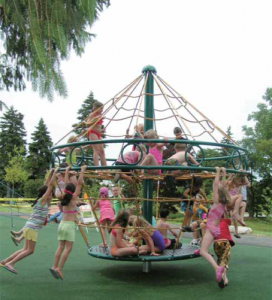 g nets can be very high off the ground, and are designed in a way that promotes safe play that is never boring. In fact, according to Miss Arnoldi, Australian safety standards are tougher than in Europe. “They can install monkey bars that are a lot higher than we can, for example”.
g nets can be very high off the ground, and are designed in a way that promotes safe play that is never boring. In fact, according to Miss Arnoldi, Australian safety standards are tougher than in Europe. “They can install monkey bars that are a lot higher than we can, for example”.
The school playground needs to facilitate multiple functions of play. Childhood play is vital in the development of gross motor skills and coordination, such as climbing, balancing and judging distances. Other outcomes of equipment-aided play include upper body strength, and for those bat-like children in every school, abdominal and leg strength.
Playtime lessons also include learning about social roles, exercising assertiveness in groups, turn-taking and consideration. While a play space can facilitate practice in these areas, if poorly designed, it can lead to frustration and aggressive behaviour. Willplay’s Nathan Lee emphasised the importance of a play system with multiple entry and exit points, to maintain the flow of play. “Make sure you have no bottle-necks or dead-ends”.
Thoughtful attention is required to the placement of moving equipment, such as swings and spinners. Extensive planning occurs to ensure there is ample space around these elements, to avoid collision and injury. Installers will survey the intended site, with special attention paid to the placement of any existing hazards. Hazards such as nearby roads and waterways are considered when placing gates. Australian playground designers and installers will attempt to equalise the harsh Australian sun, by using any natural shade elements, and planning for the direction of the sun at high use times of day.
What about nature play?
With a greater focus on the natural world within the curriculum, and as a result of a popular movement ‘back to nature’, Nature Play was included when the new national safety standards came out in 2014. Now covered by the national standards, we should see an increase in nature based elements from most play designers and installers.
According to Mr Lee, “nature play still has a way to go”, but he conceded that natural features can add an extra element to a conventional play area. “Done right it is great, get it wrong and it offers limited play value”.
Tess Arnoldi of Miracle Recreation Equipment, emphasised that ‘nature inspired play’ comes in many forms. Pure nature play elements will mimic the paths through the bush that many of us hopped, skipped and jumped along on the way home from school. Ms Arnoldi described the wide range of applications that simple features can provide. “Elements of nature play can be as simple as a log placed strategically to provide a nature-based balance beam, or a log chopped into pieces to create a stepper with varied heights”.
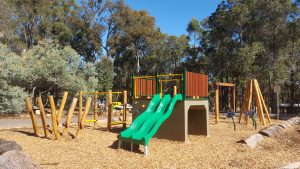
‘Adventure play’, on the other hand is less like the idle scamper home through the woods, and is more structured, with exciting and challenging elements. “Adventure play takes the best of what comes from nature and traditional playground features and combines them”. Natural materials can be used to add atmosphere to the adventure, with things like bush poles and mulch. “It’s the best of both worlds really, adventure play, in a natural setting” Miss Arnoldi commented. Rope is also used for various applications such as ladders and suspended bridges. “You can do anything with ropes, as far as your imagination can take you”.
The natural elements, now governed by the safety standards, must comply with general safety standards. A forked tree within the play space will need to meet the same minimum width as conventional equipment, in order to prevent head entrapment. To ensure that the fork doesn’t shift over time, only old wood is used, as all the expansion and contraction has already occurred. “Even if it’s natural, all of those safety elements must be in place”, cautioned Nathan Lee.
A school playground is the epicentre of undirected play-based learning. The lessons learnt at lunchtime are a vital element to the school day. Children develop physical strength and agility through swinging, climbing, reaching, crawling, jumping, and hanging from their feet.
Social roles are negotiated and practised, and the playground subculture provides valuable lessons in assertiveness, compassion and justice. Such a multi-purpose learning space requires careful thought and expert planning.
Günter Beltzig recommends you begin with the purpose of the space, and ask yourself what sorts of things you want children to do there? With those questions answered, your provider will have plenty of innovative combinations, and will help you develop a playscape that suits your school community.

